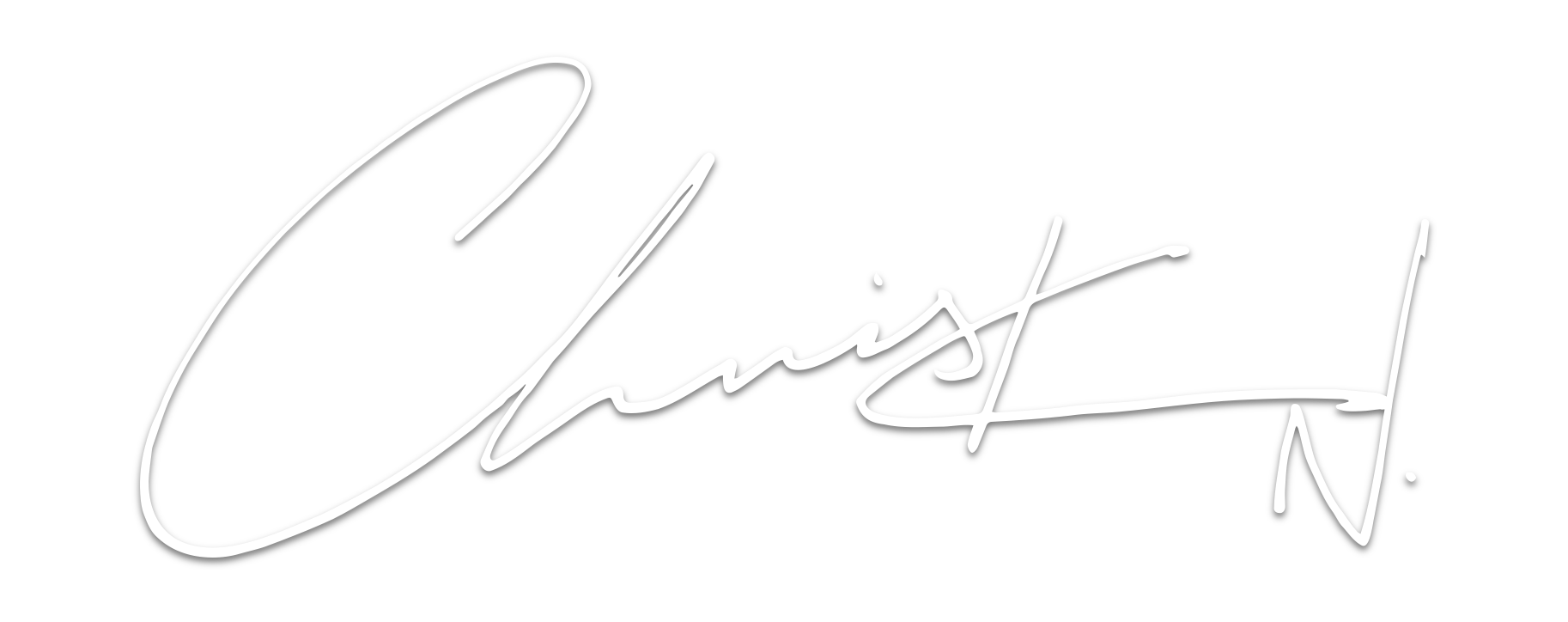
Who Wants a Theory of Everything?
It’s about time someone answered all the difficult questions about the universe once and for all, isn’t it? And since no one else seems to be taking the task seriously, I guess it’s up to me…
For thousands of years, the world’s smartest scientists and philosophers have struggled to answer the biggest questions in the universe.
– Why are we here?
– How did it all begin?
– Can I eat this?
Supposedly wise men and women have come up with all kinds of different answers — especially to that last question — but never seemed to fully agree.
The stakes are high. Confusion and disagreement about the answers to these big questions have caused husbands to abuse and oppress their wives, parents to disown or even kill their own sons and daughters, neighbors to torture and burn the best and brightest among them, and nations to wage genocidal wars.
And that’s just the righteous people …
You won’t believe what the fallen and sinful among us have been up to: Some have shown too much skin and hair. Some have made completely inappropriate love! Some have embarrassed holy people by asking difficult questions or pointing out inconvenient facts.
The horror!
The search for the right answer has gotten way out of hand, and it is time for someone to step up and clear up some confusion.
…
Anyone… ?
…
No?
Okay. I guess it’s up to me to take responsibility.
Coming soon: All of the answers
I am going to lay out my Theory of Everything, that provides entirely reasonable explanations to all the biggest problems. Explanations that make much more sense than anything provided by any of the best-selling religions and mythologies, but that are also much more satisfying than the confusing and incomplete answers typically given by modern science and philosophy. If I have to say so myself. Which I do.
This is going to take a few posts, however, as it turns out there’s a lot of ground to cover here. Who knew?
This is just the introduction, where I make big promises about what’s to come, and lay out my lack of credentials. But if you follow along — maybe subscribe and follow — I promise that I’ll eventually get to everything you ever wanted a simple answer to. Stuff no one else has good answers to, like “why is there something rather than nothing?” and “where does consciousness come from?”
First, however, I’ll go through the basics, so you’ll understand how I get to my conclusion.
What can we know and how we can know it? (Often called “epistemology”, but that’s such a long, boring word that I sometimes forget what I’m talking about before I get to end of it, so I’ll try not to call it that.)
What even is reality? How is existence itself screwed together, and how the heck does it do what it does? (Boringly smart people call this “ontology”.)
And if you like seeing people embarras themselves, you’re going to want to stay around for my cringeworthy interpretation of quantum mechanics. It is going to be laughable to people who know real things about quantum mechanics. Yet, maybe, just maybe, it’ll help some people make sense of things that are otherwise famously hard to grok.
I’ll get to what all of it means for morality, purpose and the meaning of life, and maybe for art, mythology, and AI. By the time I’m done, existence should make as much sense to you as a bicycle — wheels turning wheels.
If you want to follow along, you should subscribe to emails, so you get the next posts in your inbox. (I’ll try to post about one per week, but am not great with schedules.)
I will not, however, provide awe and wonder, so it would be great if you could bring your own.
Don’t believe me
Now, dear reader, I can practically hear you thinking: “Why on Earth would I trust you?”
You shouldn’t. I hope you’ll read my ideas, but you should definitely not trust what you read.
I’m obviously completely unqualified to answer these big questions: I’m not a Bronze Age goat herder with a multi-generational vendetta against the goat herders on the other side of the mountain. I’m not a medieval recluse with a complicated relationship with women. And I have never worn a toga — which is something that I deeply regret.
I’m not even a credentialed academic philosopher or highly respected physicist–which ranks just below “never having worn a toga” on my list of regrets.
My highest credential is being a member of that modern mob of intellectual minions, self-appointed heirs to the Enlightenment, clumsy bearers of the torch of reason: Random Guys on the Internet.
It is in my role as Random Guy that I confidently and shamelessly claim to have figured out the actual answer, and question, to life, the universe and everything. Reasoning from first principles, no less.
(If you’re not familiar: Reasoning “from first principles”, is what we Random Guys do when we haven’t done all the required reading. It’s a bit like “doing your own research”, but without having to do all that tiresome research.)
So for the love of everything you care deeply about, don’t take my word for anything. It is preposterous to believe that I have somehow compiled the answer to life, the universe and everything… Let alone in a series of silly, little blog posts like this.
But that doesn’t mean you can’t enjoy it.
Just have fun with it
My main goal is that you and I both have some fun with it: Join me in exploring and engaging with some interesting ideas, poke some holes in them, get inspired, and come up with your own ideas and theories.
When we go about answering the biggest questions in the universe, we get to tangle with a lot of fascinating ideas by much more impressive thinkers than myself.
Philosophers and scientists from across the ages have struggled with this stuff, and have come up with some facsinating insights and answers. Many of them you have probably heard about, but you may or may not have thought deeply about them. Other ideas may be new to you. Either way, they are fun to wrestle with, whether or not they’re correct.
It just so happens that I believe I discovered the answer to life, the universe and everything along the way. By skimming the popcultural versions of the greatest ideas in the history of thought, and playing with them, I answered some of the hardest questions in philosophy to my own satifaction — even as everyone from The Buddha to Einstein, Confucius to Lawrence Krauss, Socrates to Nick Bostrom failed. And I’ll tell you how I got there.
But the goal is less interesting than how I got there, in my opnion. The journey is the real destination.
So if and when you get to the bottom of my ideas and conclude that I’m a deluded crackpot, I hope I will at least have made the journey enjoyable. And maybe you’ve even found some ideas you thought were cleverly put, and that you can play with going forward, even as you disregard the rest.
Or, even better, maybe you’ll tell me where the holes in my theory are, so I don’t have to be deluded for too long, and we can come up with better ideas together.
Besides …
There’s another reason I won’t ask anyone to believe me: Most people don’t want a new belief.
I’ve read and listened to people believing all kinds of different religions, sciences, schools of thought, and debunked conspiracy theories (sorry for lumping those together). They’ll believe preposterous things. They’ll even admit that their beliefs are nearly impossible to accept for critical thinkers. And yet, if you give them a path out — a perfectly logical explanation to replace the seemingly unbelievable one they nevertheless believe in — they won’t take it.
If someone believes that the story of The Garden of Eden is literally true, they won’t even entertain the idea that the apple and the walking, talking snake, not to mention Eve and Adam themselves, might just be useful metaphors.
Once they’ve found enough evidence that the Earth is flat and the moon landing was faked, neither direct observation nor hundreds of years of coherent science is enough to change their mind back.
Or if they learned in medical school that ulcers are caused by stress, otherwise science-minded doctors will resist alternative explanations for the longest time — even as their younger colleagues use the new explanation to cure ulcers, and the Nobel Institute awards its prize for the discovery. Facts and reasoning are not the issue.
Most people don’t care all that much about being right. They’d rather be certain. Which is not the worst impulse, really. In daily life, doubt, uncertainty and hesitation are costly. It’s often better to fail fast, even with misplaced confidence, than to wait for absolute certainty.
You may not be like this, but most people don’t actually want to know the truth behind the Cosmos. They may say they do, but it’s more important to them to have a stable worldview, a working map of the territory, that reliably helps them navigate life.
Even when their veneration of martyrdom, or their opposition to vaccines and blood transfusions, tragically costs them the life of their beloved child (perhaps especially then, when the cost of admitting their mistakes has become so high), they would rather double down on their delusion than have to trade in the deeply flawed map that has already failed them, for one they don’t know if they can trust at all.
The reason I’m doing this at all, is not to try and convince anyone who doesn’t want convincing. It’s that these big questions have been stuck in my mind, like stones in my shoe, for as long as I can remember. Since I was a child, I’ve been pondering and browsing possible answers.
In all that time, I haven’t come across any religion that has come even close to giving me good answers, and so I am a firm atheist. But I haven’t been entirely satisfied with the answers I’ve gotten from science and philosophy either.
I know that other people have similar stones in their shoe, and maybe I’ll be able to inspire some new ideas for them, as they come up with their own theories of everything. But even that’s a bit of a best-case scenario.
Tear this apart, please
As I think I have made clear, it’s not as though I have a particularly impressive foundation on which to build. I’m painfully aware that I don’t have an stellar education in science or philosophy, and that I am not even particularly well-read in those fields, compared to serious thinkers, writers and commenters I have come across.
Over the years, I’ve built on my lay person’s knowledge of science, and added in some philosophizing in the style of the ancient Greeks — which is to say, philosophizing without being encumbered by all the pesky knowledge that science has come up with since Aristotle explained how insects spontaneously come into existence from dirt and rotting food.
But I’m not going to lie. This would have gone a lot better if I had known more about, well… everything. From quantum physics to neuroscience, theology to psychology, philosophy to biology. It would have been nice, and it would undoubtedly have helped. But all those things I want to know more about, are fields in which people spend many years earning their ph.d., and then more decades thinking, learning, doing research, and writing papers.
For me to know everything I would have liked to know, in order to treat the topic as it deserves, I would have needed a different brain, and a lot more time. Several lifetimes worth of time. And, in the words of Sweet Brown, ain’t nobody got time for that.
(I mean, I guess there are a few episodes of The Simpsons that I didn’t absolutely, positively need to see three times, but that was impossible to know at the time. Besides, don’t underestimate the insights one can get from pop culture.)
Without such deep knowledge, I work with what I have: A beginner’s mind, an affinity for the bigger picture, and ignorance of how embarrassed I am going to be if smarter people ever read this.
Now, I don’t want to undersell this too much. My theory of everything answers all the big questions — to my own satisfaction. The problem is that I’ve made many mistakes and I don’t know where. I need help from people like you to tell me when I’m wrong.
Am I being clueless about some devastating objection made centuries ago, or a discovery made a decade ago? Am I committing grievous logical fallacies? Is my understanding of the science worse than I think? Tell me more…
Your mission, then, should you choose to accept it, is to subscribe and follow, so you get the next few posts, where I lay it all out, and than engage with the ideas in order to tear this Theory of Everything apart — and to have fun doing it.
So, I hope to see you in the next post.



